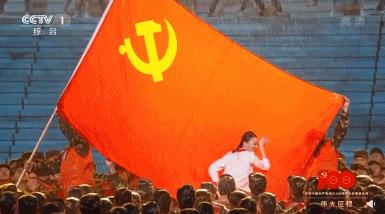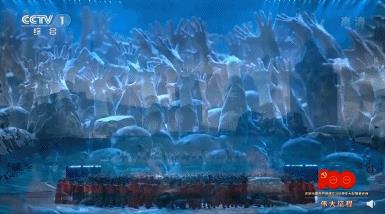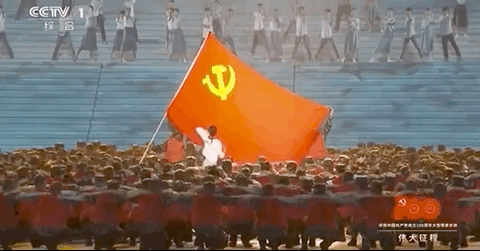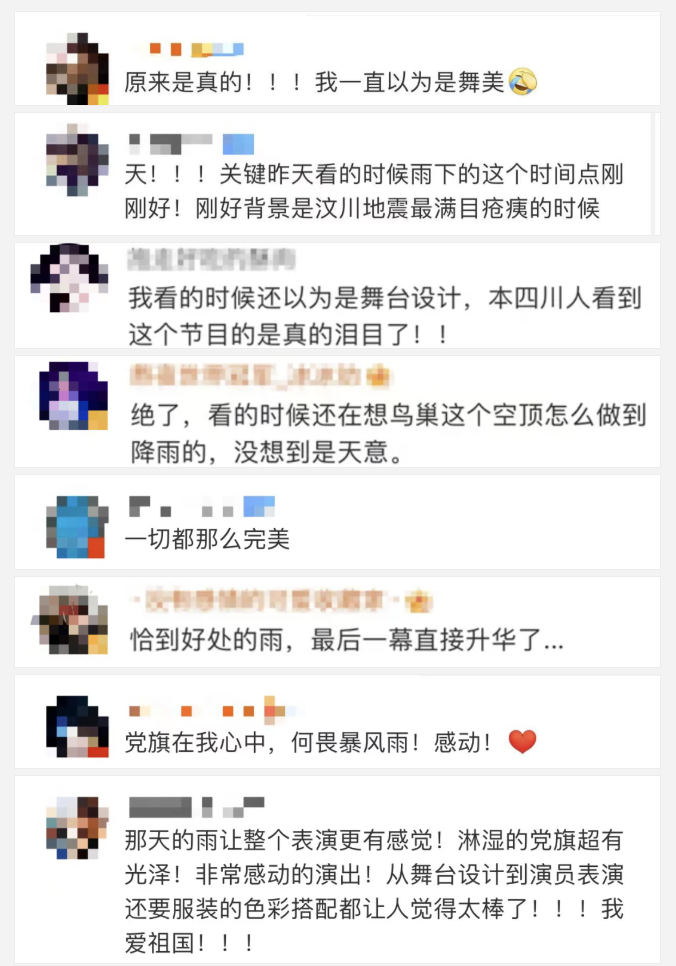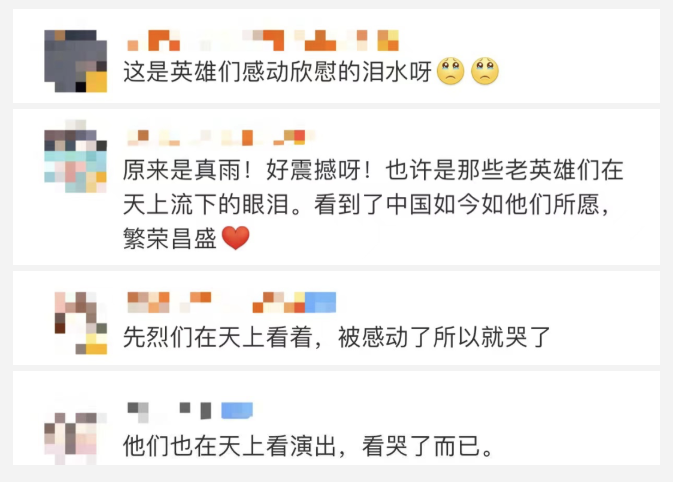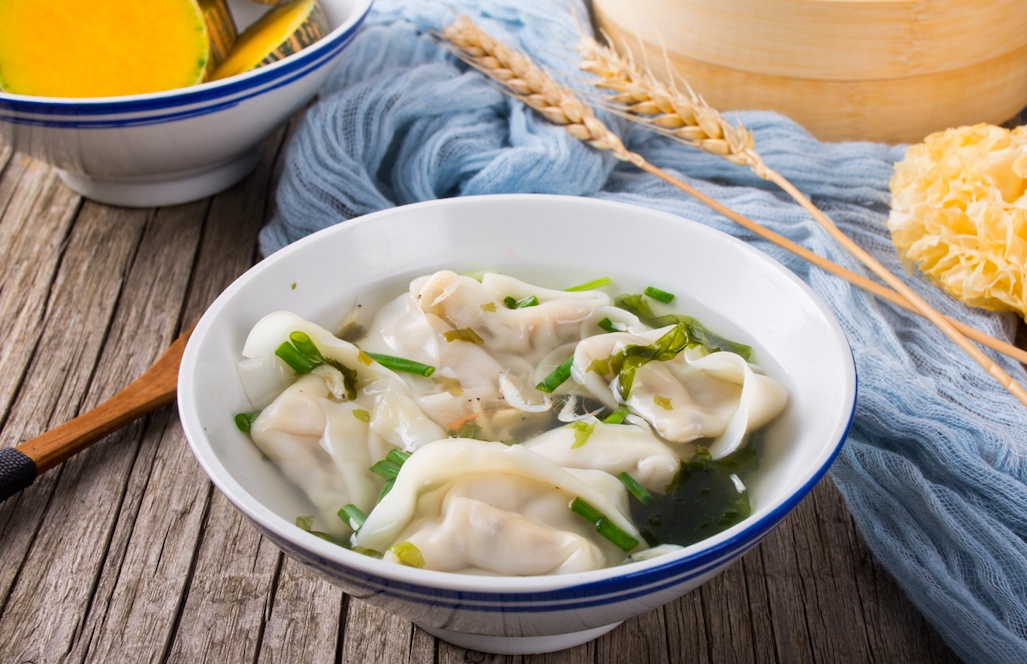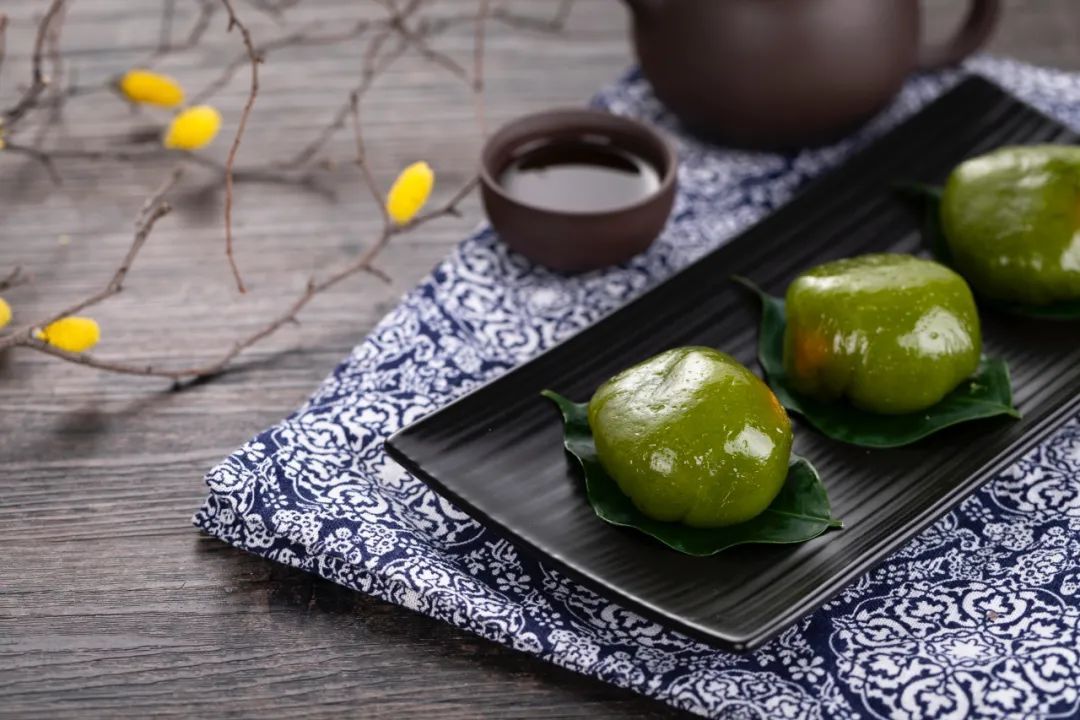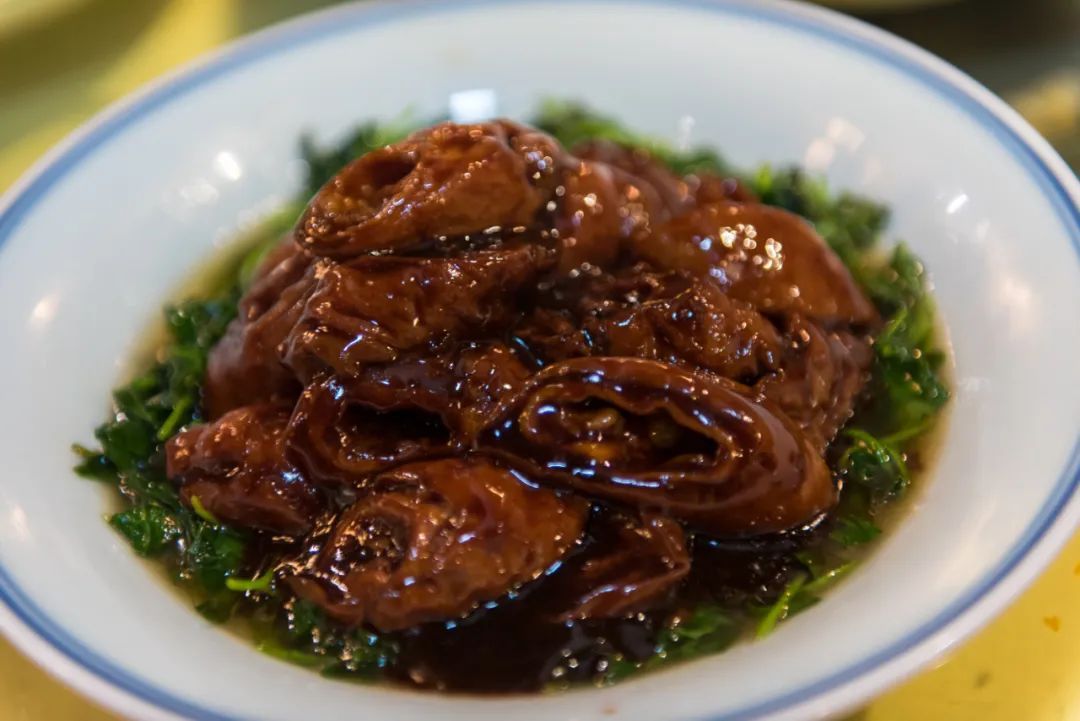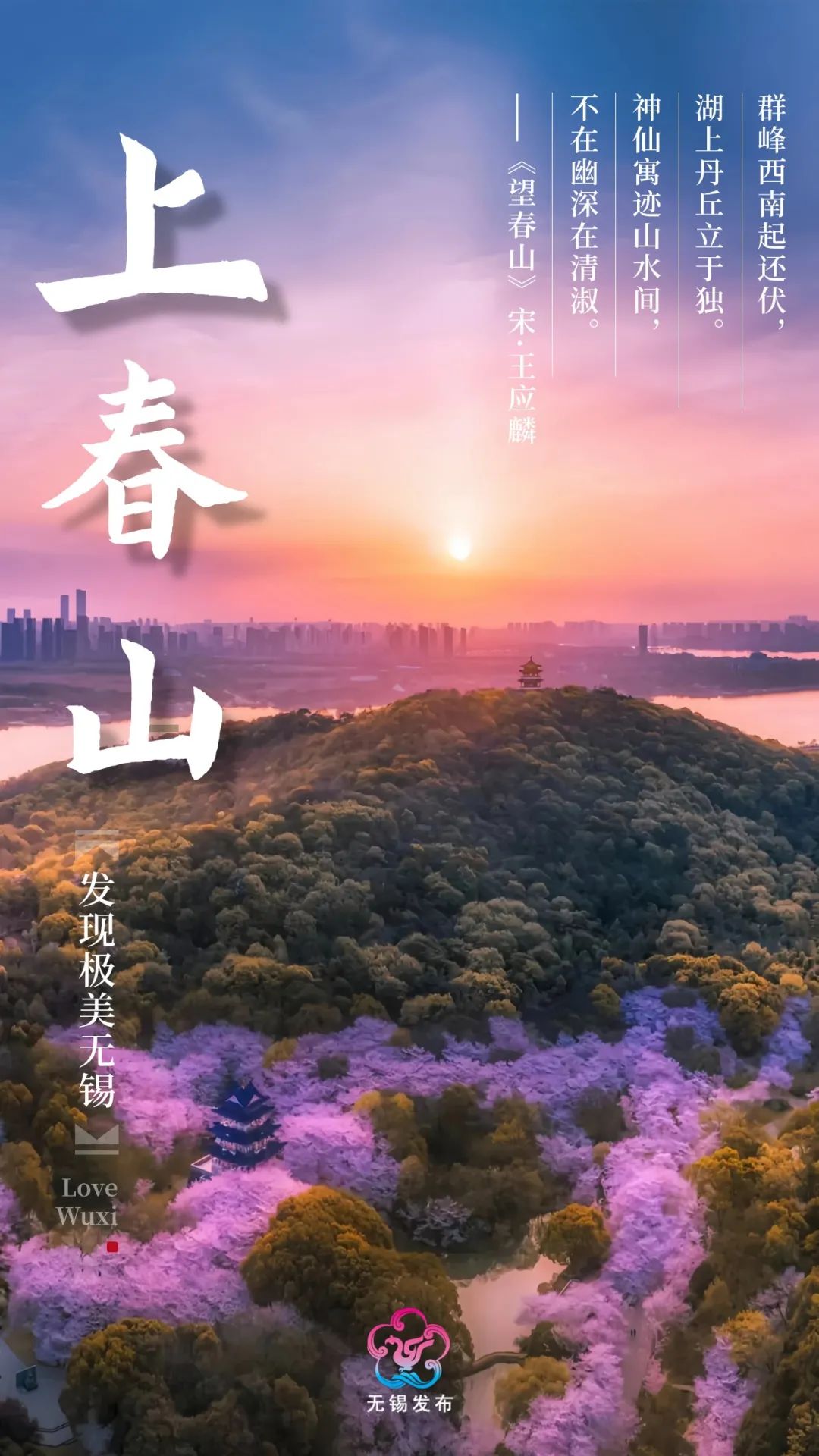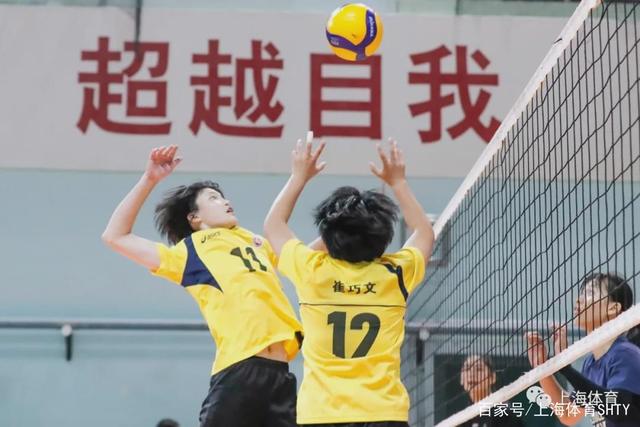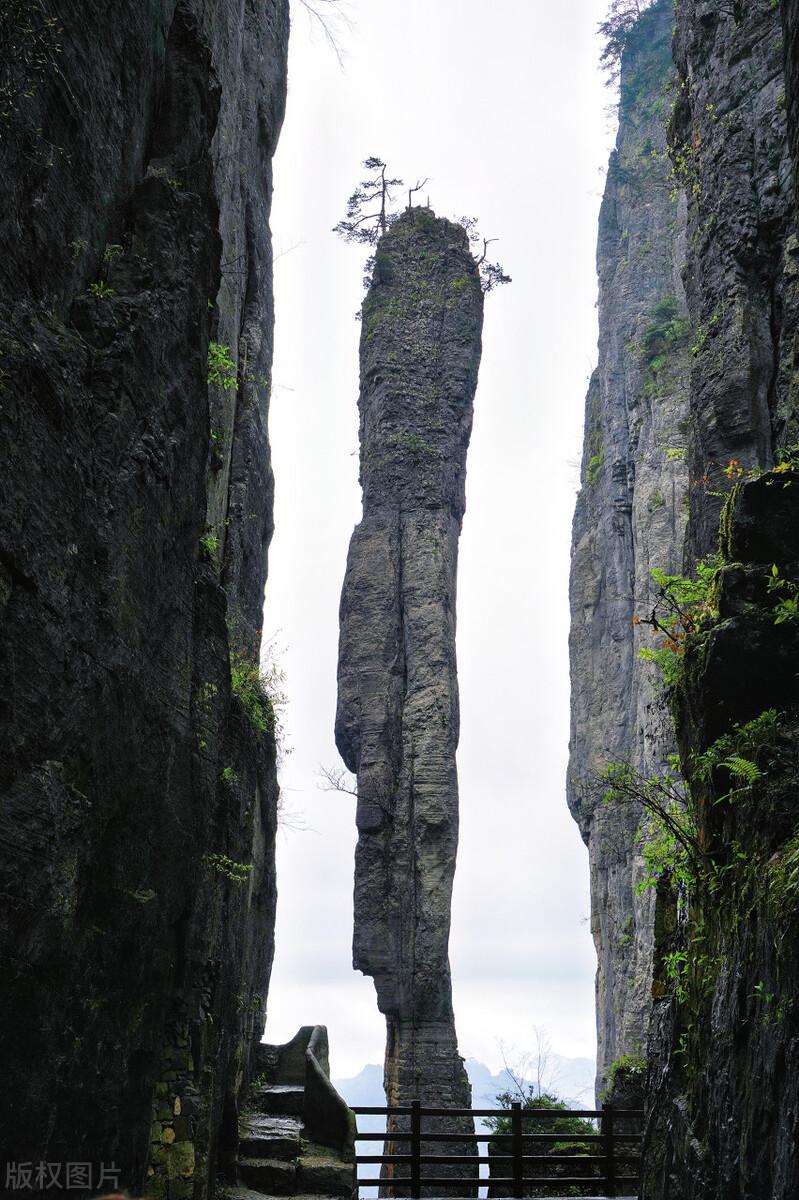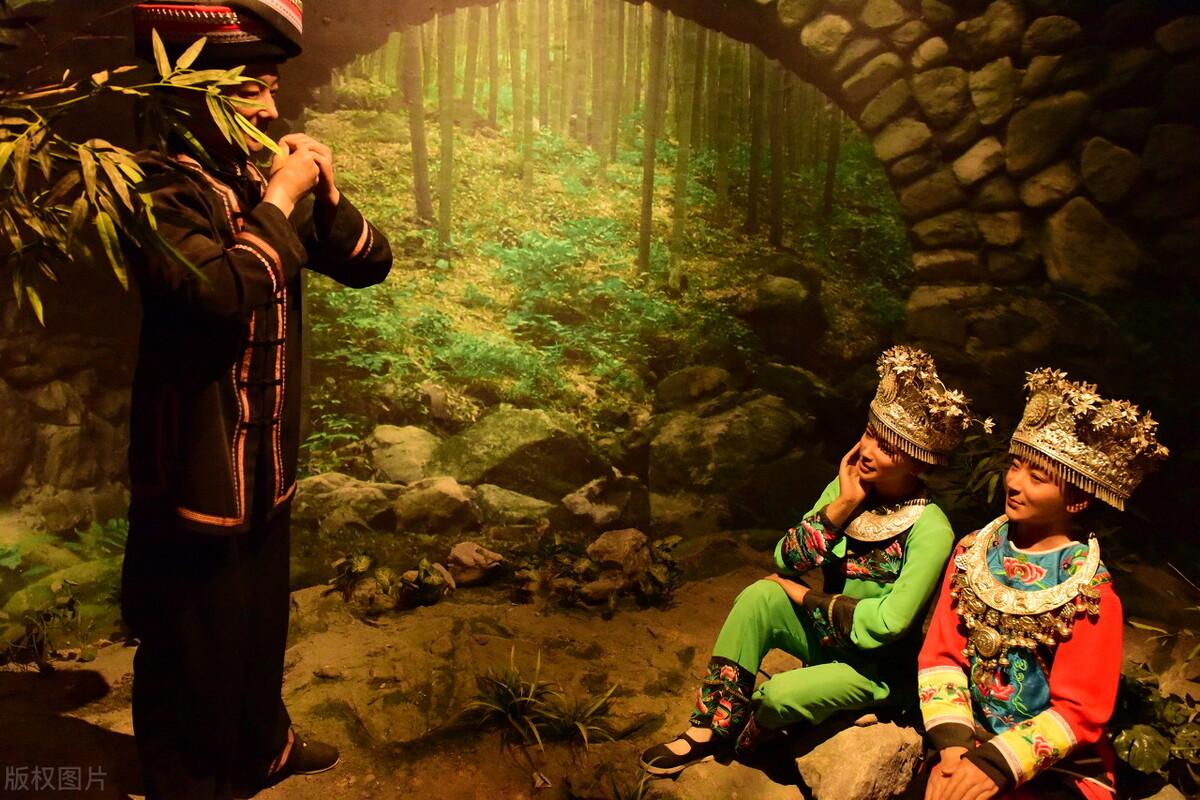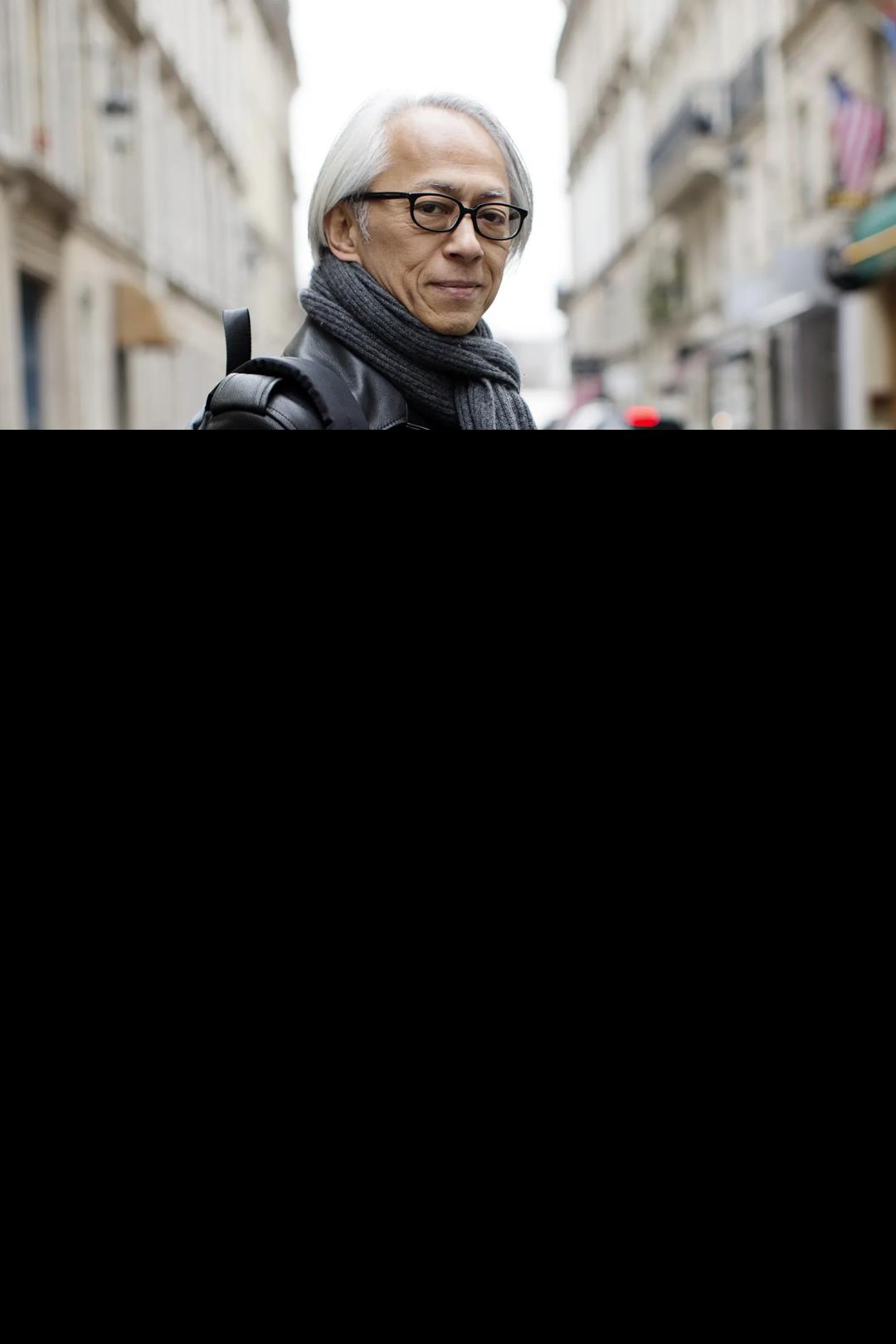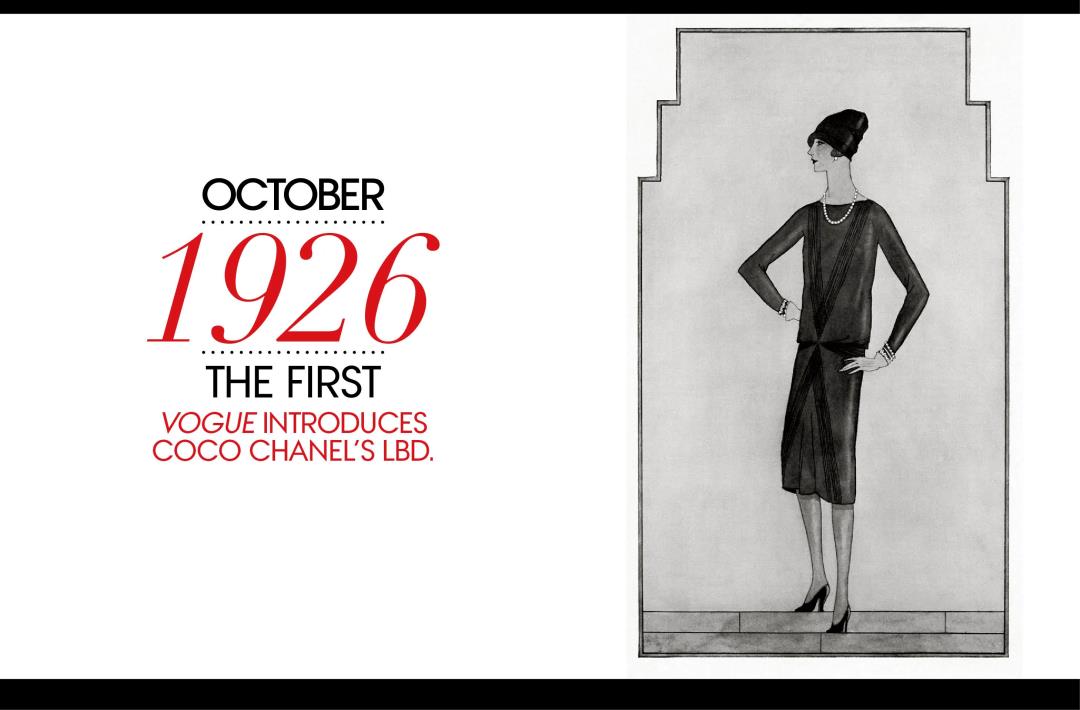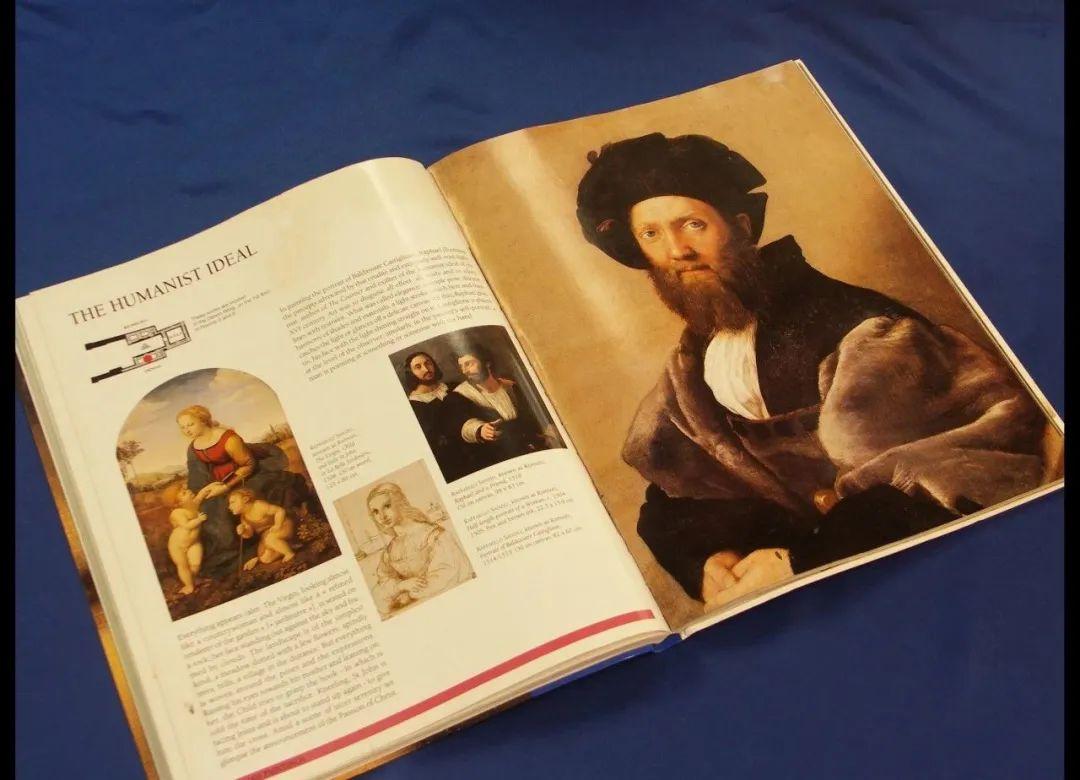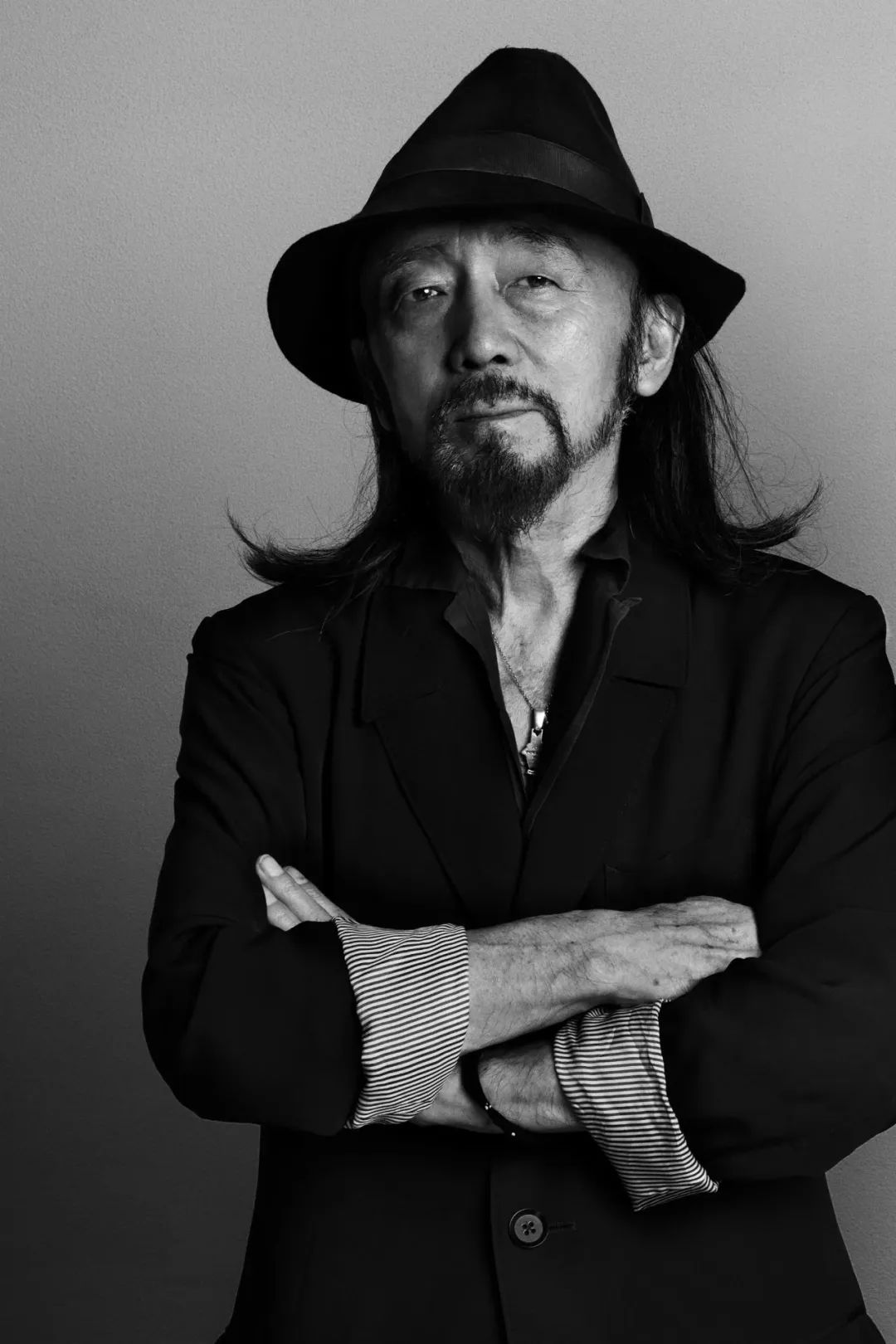Water, Clear Shore, Green River, Lake, Beautiful People and Water, Harmony and Happiness, Huizhou Daya Bay, Writing the Answer Sheet of Ecological Civilization with "Water"
Under the warm sun in winter, the banks of the Danao River are clear and green, and the fish gulls gather together, showing a harmonious and agile natural scene of waterfowl, which is a vivid portrayal of the implementation of ecological priority and green development in Daya Bay Development Zone, Huizhou City.
In the past ten years, while anchoring the highland goal of the world-class green petrochemical industry to accelerate its growth, Daya Bay Development Zone has delivered a brilliant "answer sheet" for water control: the water quality of four rivers, namely Nanbianzao River, Yanqian River, Baigang River and Xiayong River, has been upgraded from inferior V to excellent III or above, and the black and odorous water bodies have been completely eliminated and "long-term cleaning" has been achieved. The water quality of the national and provincial test sites in the coastal waters has been maintained excellent.
Born from the sea and prospering towards the sea, Daya Bay Development Zone is drawing the ecological background with the pen of "water" and writing a new chapter of green rise.
Strengthen top-level design
Constantly improve the water ecological environment management system
Standing on the bank of the wetland beach near the mouth of the Danao River in Daya Bay, birds play in groups of three and five for food. From time to time, herons stretch their white posture, tread lightly on the water and spread their wings to fly.
"In recent years, after environmental improvement in Daya Bay Development Zone, the water quality of the Danao River in the territory has improved significantly, and the surrounding ecological environment has improved significantly. In recent years, more and more herons have come to stop here." Mr. Zhang, a veteran bird-watching enthusiast, said with delight that over the years, more and more rare heron species have appeared frequently, and Daya Bay Development Zone has gradually become a bird-watching resort. Nowadays, the mangrove urban wetland park in Daya Bay and the Bai Shou Bay beach at the mouth of the Tam ‘ao River have become the concentrated areas of bird activities.
The heron praised the ecological butterfly, reflecting the firm determination of Daya Bay Development Zone to strengthen the top-level design and continuously improve the water ecological environment management system.
Strengthen organizational leadership. In the process of pushing forward the tough battle of water pollution prevention and control, Daya Bay Development Zone has successively set up the headquarters of the tough battle of pollution prevention and control and the ecological environment protection committee, and the standing committee of the district party committee and the executive meeting of the district management committee regularly listened to reports on the pollution prevention and control work.
Strengthen planning guidance. By strictly observing the "three lines and one list" (red line of ecological protection, bottom line of environmental quality, online utilization of resources and negative list of environmental access) and introducing high-quality industrial projects, Daya Bay Development Zone can reduce environmental pollution from the source, free up more environmental capacity for the healthy and sustainable development of the region, and achieve a virtuous circle of "promoting the introduction through control and combining control with introduction".
Strengthen regional linkage. In order to get rid of the "hard bone" of cross-border river regulation, Daya Bay Development Zone actively cooperates with Shenzhen and Huiyang, Huizhou to carry out cross-border river regulation, and builds mechanisms for information channel exchange, monitoring data exchange and environmental law enforcement exchange, laying a solid foundation for breaking administrative regional restrictions and jointly implementing cross-border river basin regulation.
Strengthen problem orientation. Daya Bay Development Zone adheres to "two-wheel drive" (government governance, enterprise technological transformation), combines normal supervision with special rectification, highlights the comprehensive rectification of key areas, key fields and key industries, and issues and implements the Work Plan for Upgrading and Renovation of Key Water-related Enterprises in Daya Bay District. Sixteen key water-related enterprises in the whole region have completed upgrading and upgrading of sewage treatment facilities on the basis of meeting the discharge standards, and controlled 27 sewage treatment facilities of 24 enterprises in the whole region. Pay close attention to the rectification work of the central ecological environmental protection inspector, and the work is unprecedented.
Reduce pollution stock
Continuously improve the quality of water ecological environment
Clean and clear water flows out of the waterfall mouth, and flows into lush flowers and plants in a blink of an eye, and the flowing water gathers into a rippling lake … On the west side of Shugang Avenue in Daya Bay Development Zone, adhering to the construction concept of "building a sewage treatment plant and giving citizens a park back", Huizhou’s first fully buried sewage treatment plant was built here.
"After the municipal sewage in the jurisdiction is collected through the pipe network and enters the water purification plant, it goes through physical and biological treatment processes, and finally reaches the surface quasi-IV water standard before being discharged." Li Qizhuang, the person in charge of the third phase of the first water quality water purification plant in Daya Bay District (hereinafter referred to as "the third phase of the first plant"), said that compared with the traditional above-ground sewage treatment plant, the construction mode of the all-buried sewage treatment plant saves about 30% of land and increases the green area by over 50%. At present, the daily processing capacity of Phase III of No.1 Plant is 80,000 cubic meters, and the service population is about 200,000.
"The problem of water pollution is in the water, and the roots are on the shore. Water control still needs to start from the source." Liao Yuanguang, deputy director of Daya Bay Branch of Huizhou Ecological Environment Bureau, introduced that comprehensive, accurate and scientific pollution control was adhered to. Daya Bay Development Zone focused on the construction of sewage treatment facilities, the renovation of sewage outlets into rivers, and the elimination of black and odorous water bodies through measures such as source control, sewage interception and running water, and constantly set off a climax of water quality improvement and rectification.
Taking the management of rivers controlled by five countries and provinces as an example, since the "Thirteenth Five-Year Plan", Daya Bay Development Zone has invested more than 3 billion yuan, with a cumulative new sewage treatment capacity of 309,000 tons/day and a new sewage pipe network of 239.2 kilometers. By the first half of 2022, the sewage treatment capacity of the whole region has reached 348,000 tons/day, and the effluent quality has reached the surface standard of quasi-V or above. A sewage pipe network of 364 kilometers has been built, and the sewage collection and treatment has continued to improve quality and efficiency.
Rural sewage treatment is also one of the key points. Daya Bay Development Zone regards rural domestic sewage treatment as a key task to promote rural revitalization, and takes the direction of promoting rural domestic sewage to enter the sewage treatment plant. For villages that have not been included in the municipal pipe network for the time being, rural domestic sewage treatment facilities will be built according to local conditions. "Up to now, 189 village groups in the whole district have all completed the treatment of rural domestic sewage." Yin Xiaoqin, the first-class sponsor of Daya Bay Branch of Huizhou Ecological Environment Bureau, introduced that 141 village groups’ domestic sewage was treated by urban sewage treatment plants, 35 village groups’ domestic sewage was treated by rural domestic sewage treatment facilities, and 13 village groups’ domestic sewage was treated by sewage resource utilization.
Improve the level of governance
Promote the transformation from water quality improvement to water ecology improvement.
Time is the most faithful recorder. In the past ten years, Daya Bay Development Zone has comprehensively protected drinking water sources, rectified national and provincial rivers and black and odorous water bodies, prevented pollution in coastal waters, and achieved a new leap in water environment quality:
The drinking water quality has reached the standard stably. The water quality compliance rate of Fengtian Reservoir, Longweishan Reservoir, Shitouhe Reservoir and Shehekeng Reservoir has remained 100% all the year round, and the water quality is stable and excellent. The water quality of the national and provincial rivers has been continuously improved, and the water quality of four provincial-controlled rivers (Nanbianzao River, Yanqian River, Baigang River and Xiayong River) has been improved from inferior grade V to above grade III; Black and odorous water bodies are neither black nor odorous. The two black and odorous water bodies, Xiangshui River and Mamiao River, have eliminated black odor in 2019 and achieved "initial results" through measures such as increasing sewage treatment capacity, improving rainwater and sewage pipe network system and water ecological restoration, and achieved "long-term cleaning" in 2020; The water quality in the coastal waters is excellent, and the water quality compliance rate of national and provincial test sites is 100%. The proportion of sea areas that meet the first and second water quality standards and the proportion of areas that meet the water quality standards of marine functional areas are all over 99%.
It is worth mentioning that, in view of the problem that the only national examination river (Dan ‘ao River) in its jurisdiction is affected by tides and the diffusion of pollutants is difficult, Daya Bay Development Zone invited the top domestic technical teams such as the National Academy of Environmental Sciences to build a hydrodynamic water quality model of Dan ‘ao River, accurately grasp the laws of hydrodynamic force and pollutant diffusion of Dan ‘ao River, identify the key factors that restrict the water quality of Tiger Claw section of Dan ‘ao River to reach the standard, and put forward targeted control measures, making a breakthrough.
During the "Fourteenth Five-Year Plan" period, on the basis of improving the water environment, water ecological environment protection should pay more attention to water ecological protection and restoration, pay attention to the harmony between people and water, and let the people have more sense of ecological environment acquisition and happiness.
"Since last year, Daya Bay Development Zone has taken the lead in carrying out water ecological investigation and monitoring in the whole city." Liao Yuanguang revealed that the bidding for the project was completed at the end of last year, and two water ecological surveys have been completed in the dry season and the wet season this year. "Daya Bay Development Zone will focus on promoting water quality improvement to water ecology improvement." Liao Yuanguang said.
